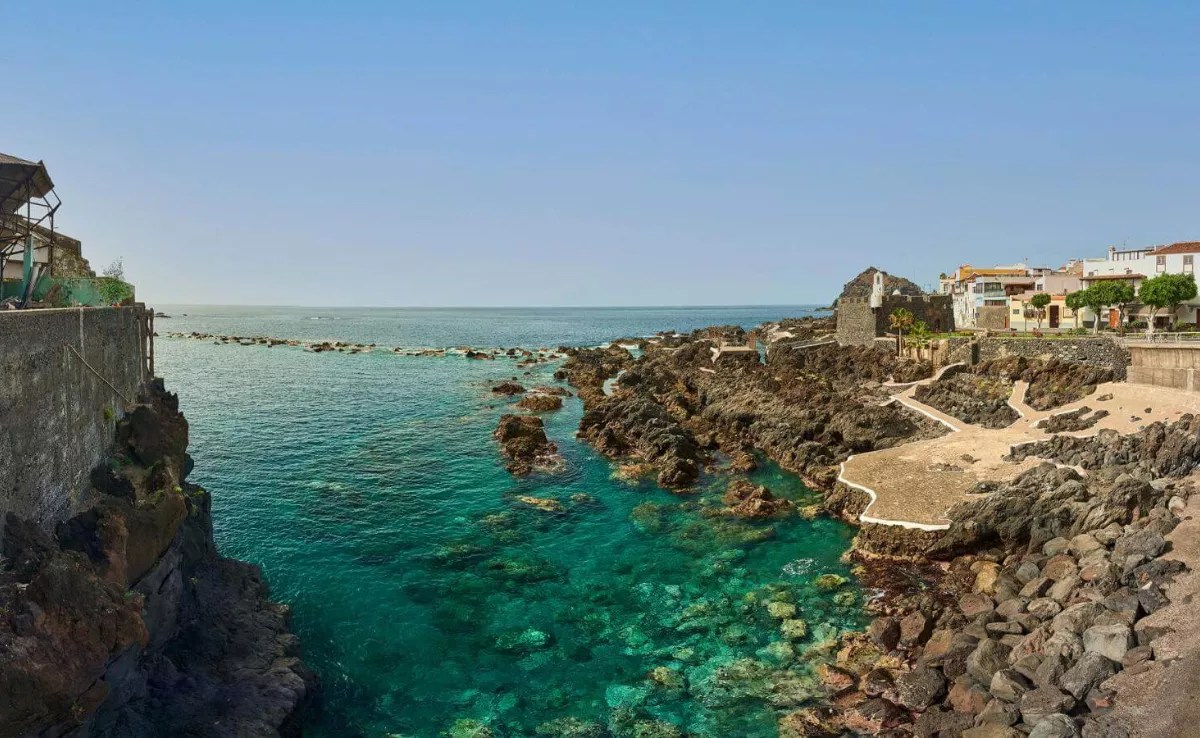Santa Cruz de Tenerife, 26 Feb. (Europa Press) –
The Ministry of Presidency, Public Administrations, Justice and Security of the Canary Islands Government has presented a report assessing the situation of women and men within the general administration and the justice system on Wednesday. The analysis reveals a workforce that is predominantly “feminised,” yet displays a higher concentration of men in roles that offer greater stability.
According to the statement, the involvement of personnel participating in this process was nearly 29% for the general administration and just over 15% in the justice sector, with both instances showing a greater representation of women compared to men.
The composition of the Canarian General Administration indicates that 64% of the workforce consists of women, while men account for 36%. In the context of justice, the figures shift significantly to 75% women versus 25% men.
Furthermore, it is noted as “significant” that across all age groups, the representation of women is “considerably higher” than that of men, with the exception of the cohort under 25 years of age and a narrower gap for those above 66 years old.
In addition, the Canarian General Administration exhibits a “mildly” feminised composition, surpassing the sociological benchmark deemed as balanced. However, it is noted that in the justice sector, the workforce is “highly feminised.”
Nevertheless, the Ministry asserts that the feminisation of public staff across various administrations does not suffice to confirm the presence of women throughout the organisation, necessitating a deeper analysis of their positions.
In this regard, it is observed that among personnel authorised to telework in the General Administration, women are overrepresented by more than 10 points above the sample (74.9%) and occupy 82.6% of reduced hours for caregiving responsibilities.
Additionally, there is clear evidence of horizontal segregation, which forms the basis of most identified disparities, revealing a greater prevalence of men in more stable roles and women in those with less security.
A gender pay gap is identified, particularly in relation to horizontal segregation, influenced by the impact of leave and permits alongside reduced hours.
The study, meanwhile, highlights that in the realm of justice, 42.6% of women are interim staff compared to 20% of men, with the highest concentration of women found in group C1. Indeed, one conclusion drawn is that women face increased “instability,” making up 81.26% of interim posts and 71.47% of permanent positions.
When examining remuneration, the most significant discrepancies are found in exceptional cases, predominantly involving on-call duties, attributed to uneven availability of time.
Conclusion of Studies
These studies form the foundation for the forthcoming equality plan for the Autonomous Community, as they facilitate an understanding of how well the principle of genuine and effective equality between women and men has been integrated within these two domains, identifying areas for improvement and defining future initiatives.
Proposed actions include the development of measures for reconciliation and shared responsibility, creation of a mandatory training plan on equality issues, a review of the protocol for preventing and addressing sexual harassment and discrimination, as well as ensuring its dissemination and implementing preventative measures through staff awareness, among other initiatives.
During the presentation, the advisor for the area, Nieves Lady Barret, remarked on the existing imbalances within the administration of justice and the general administration stating, “These imbalances should not persist.”
“We must embrace greater equality, enforce mandatory training, and implement various measures within the administration that we must commit to, not solely through the drafting of the plan (…). There are actions we can undertake, and we accept the commitment and challenge of initiating them,” she expressed.
Planning Sectorisation
The Canary Islands Government, via an agreement reached on 27 November 2023, established the sectorisation of planning regarding equality matters within the scope of the Public Administration of the Autonomous Community of the Canary Islands, considering the specific requirements of each of the four established sectors: General Administration, Justice, Education, and Health.
This agreement also stated that prior to drafting the relevant Sectorial Plan for Equality, a diagnosis of the current equality situation must be undertaken, which will analyse and ascertain potential inequalities present in public employment across each sector.
The General Directorate of the Public Function has been appointed as the overseeing body to develop this diagnosis in the General Administration, with the General Directorate of Relations with the Administration of Justice handling the justice sector.
The diagnoses were commissioned through Likadi, a specialised company, and were provided to both management centres, meeting the timeline set by the Government, with completion expected by the end of 2024.
















